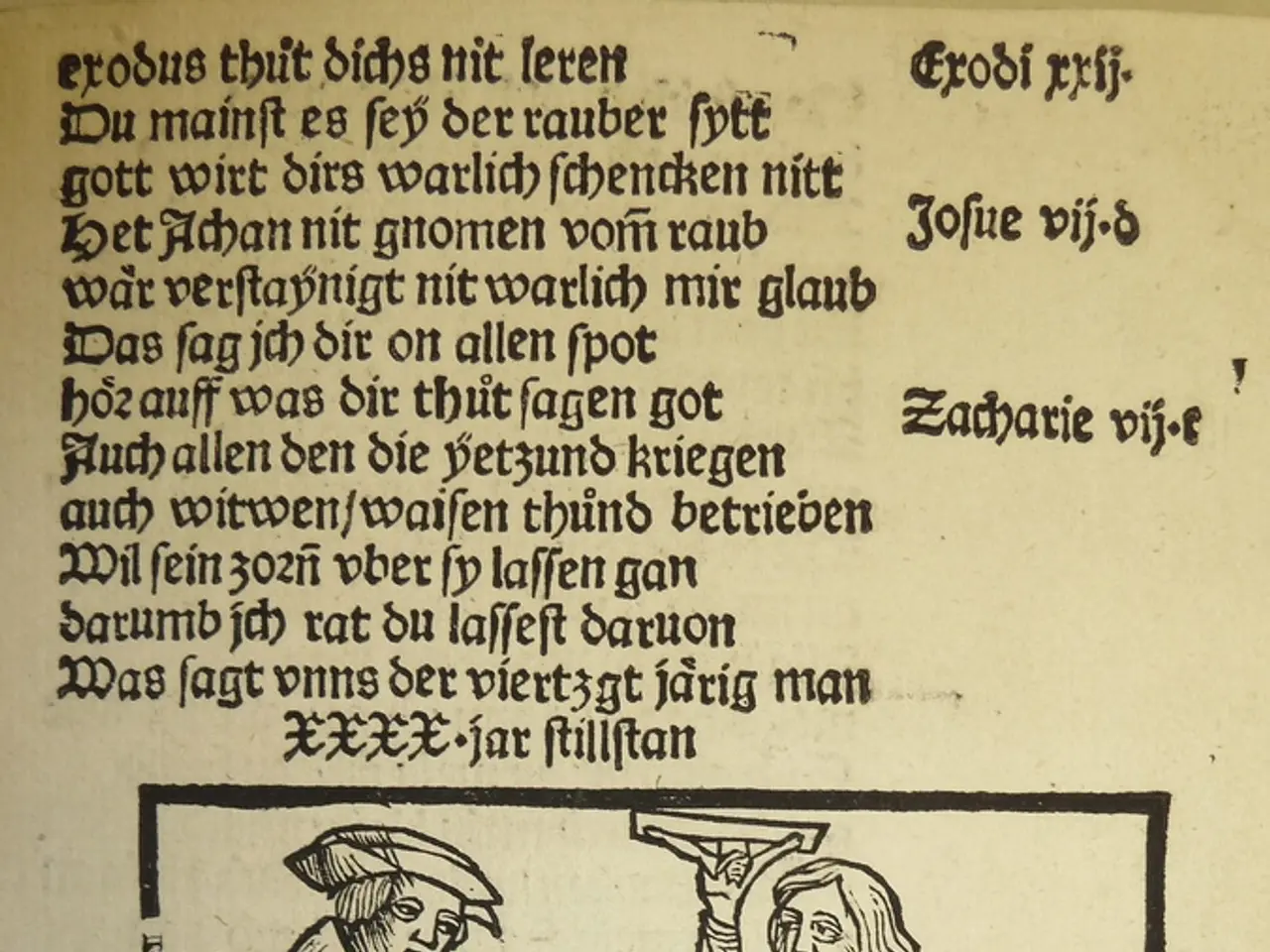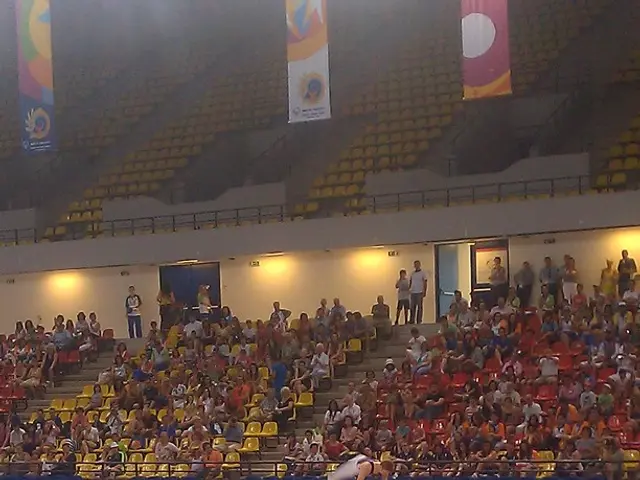Lithuania's national minority is not only comprised of people who speak Russian, but Russian is also their national language.
In Lithuania, a significant change is underway in language policies, with Russian being gradually phased out as a second foreign language in schools by 2026. This shift is driven by a decline in student interest and geopolitical concerns following Russia's aggression in the region.
The focus is now on promoting alternative European Union languages such as Spanish, German, and French. However, the shortage of qualified teachers for these alternatives remains a challenge.
This move towards limiting the prominence of the Russian language in public life is part of a broader effort to reinforce Lithuanian linguistic and cultural identity. While no explicit bans on public usage have been detailed, the emphasis on reducing Russian instruction in education signals a push in this direction.
This aligns with measures in neighbouring Baltic states to promote their national languages and restrict Russian-language media and education to curb Russian influence.
The Department of National Minorities in Lithuania has emphasised the importance of ensuring that long-term residents learn Lithuanian without hatred or insults. They have also stated that Russian is not just a language of recent arrivals, but also the native language of the country's Russian national minority.
The ongoing debates revolve around the use of Russian in public spaces in Lithuania. The Council of Europe has expressed concern about this issue and has urged Lithuania to take practical steps to ensure the rights of national minorities and to monitor how such measures are implemented.
The government has exempted Ukrainian war refugees from the language requirement for at least another six months or for as long as they hold temporary protection status. The Education, Science, and Sport Ministry has identified practical problems with foreigners' access to Lithuanian language learning and state exams.
The National Agency for Education is the only accredited institution authorised to administer Lithuanian language exams for foreigners. They have suggested that the ministry should recognise the certificates they issue.
The Lithuanian Constitution calls for fostering national concord and grants citizens belonging to ethnic communities the right to foster their language, culture, and customs. The ongoing changes in language policies, therefore, need to be balanced with the rights and interests of national minorities.
In summary, the phasing out of Russian as a foreign language in schools and the potential limitation of its use in public spaces is a significant step in Lithuania's language policies. While this move aims to protect Lithuanian linguistic and cultural identity, it is crucial to ensure the rights and interests of national minorities are upheld.
References:
[1] BNN News. (2021, September 16). Lithuania to phase out Russian as second foreign language in schools by 2026. Retrieved from https://www.bnn-news.com/en/lithuania-to-phase-out-russian-as-second-foreign-language-in-schools-by-2026-562791
[2] Radio Free Europe/Radio Liberty. (2021, September 16). Lithuania To Phase Out Russian As Second Foreign Language In Schools By 2026. Retrieved from https://www.rferl.org/a/lithuania-to-phase-out-russian-as-second-foreign-language-in-schools-by-2026/31497144.html
[3] The Baltic Times. (2021, September 17). Lithuania to phase out Russian as second foreign language in schools by 2026. Retrieved from https://www.baltictimes.com/lithuania_to_phase_out_russian_as_second_foreign_language_in_schools_by_2026/
[4] The Baltic Course. (2021, September 16). Lithuania to phase out Russian as second foreign language in schools by 2026. Retrieved from https://www.balticcourse.com/eng/lithuania_to_phase_out_russian_as_second_foreign_language_in_schools_by_2026/177063-45148
The government's decision to eliminate Russian as a second foreign language in schools by 2026 is a part of the broader education policy, demonstrating a shift in cultural opinion regarding language policies due to geopolitical concerns. This change could potentially impact the rights of Lithuanian's Russian national minority, prompting debates about the use of Russian in public spaces and the need for balanced language policies that respect the interests of national minorities.







